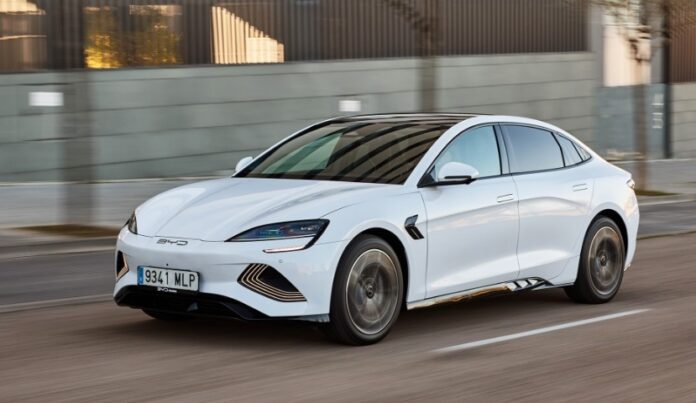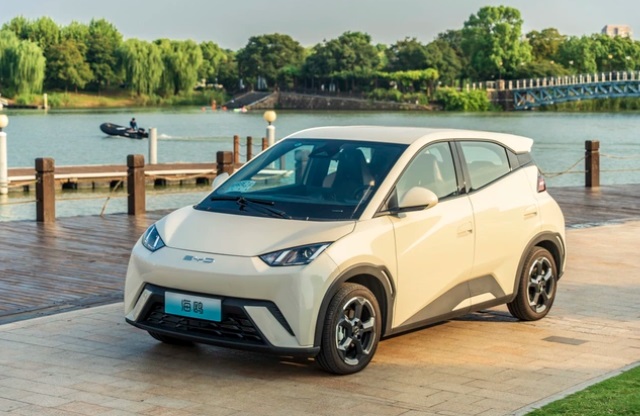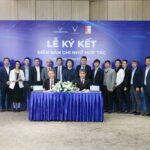Electric vehicles are the new trend, and China’s automotive market has recently shifted from internal combustion engines to electric, hybrid, and plug-in hybrid vehicles.
The year 2024 is also predicted to be the first time that electric vehicle sales may surpass those of gasoline-powered cars, marking a historic turning point for the Chinese automotive industry, propelling it ahead of its Western competitors.
According to forecasts by major investment firms such as UBS, HSBC, Morningstar, and Wood Mackenzie, China’s electric vehicle sales are expected to reach 12 million in 2024, a significant 20% increase from 2023. In contrast, sales of internal combustion engine vehicles are projected to decline by 10%, falling below 11 million units.
China’s electric vehicle sales will not only outpace those of internal combustion engine vehicles but also exceed official targets. With this growth rate, electric vehicle sales in China could account for 50% of new car sales by 2035.
Experts predict that in 2025, PHEV sales will reach approximately 4.39 million units and may grow steadily to a peak of 6.05 million by 2033. Traditional hybrid vehicles could range between 730,000 and 1 million units in the next decade.
Despite the strong growth in electric vehicle sales, intense competition could lead to the disappearance of many Chinese automakers from the market.
Industry specialists believe that while China’s domestic electric vehicle industry is thriving, it will face challenges such as oversupply, fierce competition, and price wars. As a result, numerous Chinese automakers may exit the market in the next ten years.
In the coming decade, traditional internal combustion engine automobile manufacturers will also witness a reduction in their market share in China. This shift will put pressure on foreign brands as well. In 2024, the market share of foreign automobiles dropped to 37%, compared to 64% in 2020.
Just this month, GM experienced a loss of over $5 billion in business value in China. The parent company behind Porsche has warned of a decline in Volkswagen shares worth up to €20 billion, and longtime rivals Nissan and Honda are navigating the “rapidly changing business environment” through a merger.
**TH** (Tuoitrethudo)
“VinFast and VinRobotics Collaborate to Advance Training and Scientific Research with Hanoi University of Technology.”
On December 24, 2024, Hanoi University of Science and Technology (HUST) took a significant step towards fostering academic-industry collaboration by signing a Memorandum of Understanding (MoU) with VinFast and VinRobotics. This tripartite agreement aims to propel scientific research, enhance students’ practical knowledge, and address the pressing need for a highly skilled workforce in Vietnam’s burgeoning high-tech industry.
















































